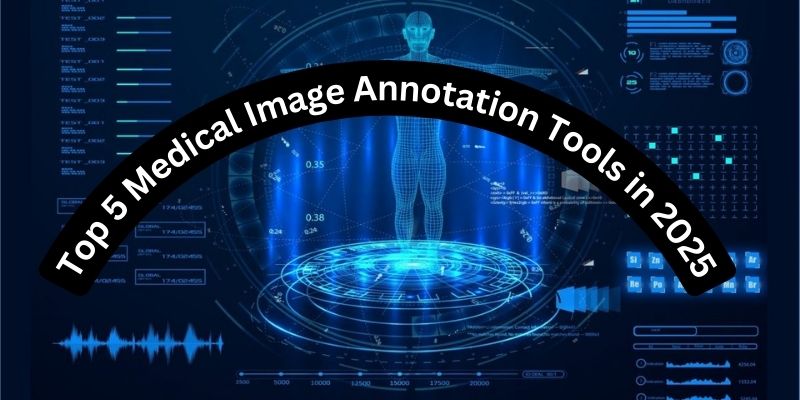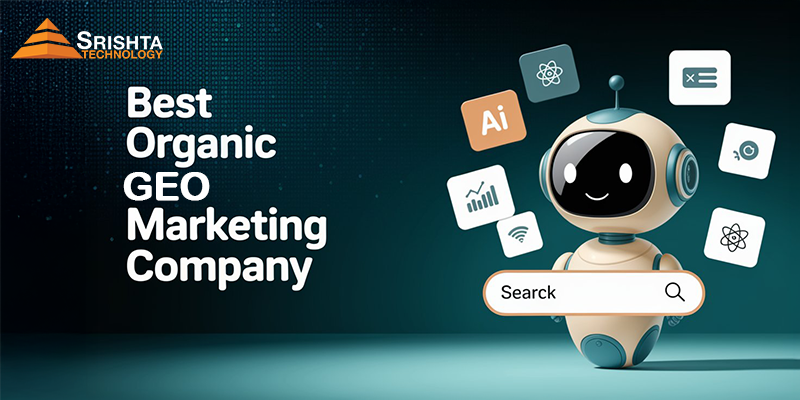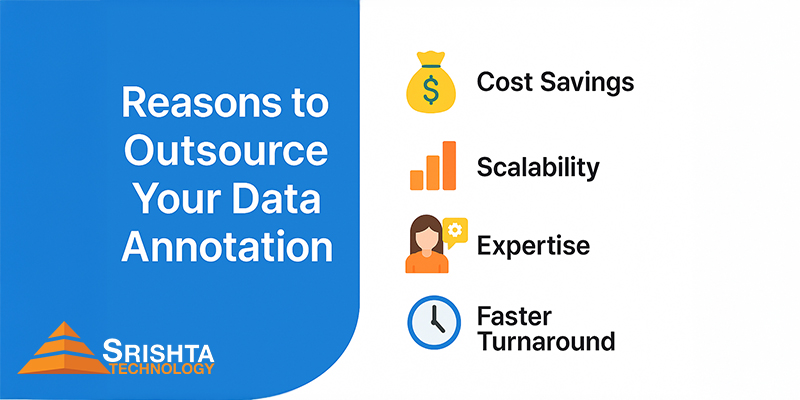Artificial Intelligence is reshaping healthcare — from early disease detection to personalized treatment plans. At the core of every medical AI system lies medical image annotation, the process of labeling radiology scans, pathology images, and biomedical visuals to train machine learning models.
In 2025, the need for high-quality annotated medical data has grown more than ever, as AI-driven diagnostics demand accuracy, security, and scalability. To help hospitals, research institutions, and AI startups, here are the Top 5 Medical Image Annotation Tools in 2025.
1. Labelbox – Enterprise-Grade Annotation Platform
Labelbox continues to be one of the most trusted names for medical image annotation.
-
Key Features:
Polygon, brush, and segmentation tools for CT, MRI, and X-ray labeling
AI-assisted pre-labeling to reduce manual work
HIPAA and GDPR compliance for secure healthcare data
Collaboration tools for medical teams and data scientists
-
Use Case: Radiologists use Labelbox for annotating chest X-rays to detect early signs of pneumonia, tuberculosis, and lung cancer.
2. V7 Darwin – Advanced Biomedical Annotation
V7 Darwin stands out for its speed and automation in healthcare projects.
-
Key Features:
Pixel-perfect segmentation for pathology slides
Automated labeling workflows powered by AI
Annotation support for microscopy and histopathology
Built-in dataset versioning for reproducible research
-
Use Case: Research labs use V7 Darwin for annotating cell images to train AI models for cancer detection.
3. Supervisely – 3D Medical Data Support
Supervisely is ideal for large-scale and complex medical datasets.
-
Key Features:
Supports 3D volumetric medical data (CT/MRI scans)
Interactive annotation tools for radiologists
Plug-ins and integrations with Python for custom AI workflows
Cloud + on-premise deployment for data-sensitive environments
-
Use Case: Hospitals use Supervisely for brain MRI annotations in neurological disease studies.
4. MONAI Label – Open-Source by NVIDIA
MONAI Label is an open-source, AI-powered annotation framework tailored for medical imaging.
-
Key Features:
Direct integration with medical imaging software like 3D Slicer and OHIF Viewer
Automatic segmentation for CT and MRI scans
Active learning loop to continuously improve annotation accuracy
Free and community-supported with strong backing from NVIDIA
-
Use Case: Universities and research centers leverage MONAI Label for real-time AI-assisted annotations in radiology departments.
5. Srishta Technology – Custom Medical Annotation Services
While tools are essential, many healthcare providers prefer outsourcing due to the complexity of medical data. Srishta Technology provides specialized medical image annotation services in India.
-
Key Features:
Expertise in radiology, pathology, cardiology, dermatology, and ophthalmology data
Manual + AI-assisted annotation for the highest accuracy
Affordable pricing compared to global providers
Scalable teams for large datasets
Data confidentiality with strict compliance protocols
-
Use Case: Srishta helps AI startups and hospitals label MRI, CT scans, and pathology slides for predictive healthcare AI models.
How to Choose the Right Medical Annotation Tool in 2025
When selecting a medical image annotation solution, consider:
-
Data Security – HIPAA/GDPR compliance is a must.
-
Annotation Complexity – Choose 3D-support tools for MRI/CT scans.
-
Budget – Open-source (like MONAI) vs. premium enterprise tools (like Labelbox).
-
Scalability – Can the platform handle millions of medical images?
-
Expertise Needed – Outsourcing to providers like Srishta Technology may be more effective for startups and hospitals without in-house annotation teams.
Outsource data annotation services in india
Medical AI can only be as accurate as the data used to train it. In 2025, platforms like Labelbox, V7 Darwin, Supervisely, MONAI Label, and Srishta Technology are leading the way in creating reliable, annotated datasets for healthcare.
Whether you choose a tool or outsource to experts like Srishta Technology, the right annotation partner will ensure that your medical AI models achieve precision, scalability, and trustworthiness.





Leave a Reply